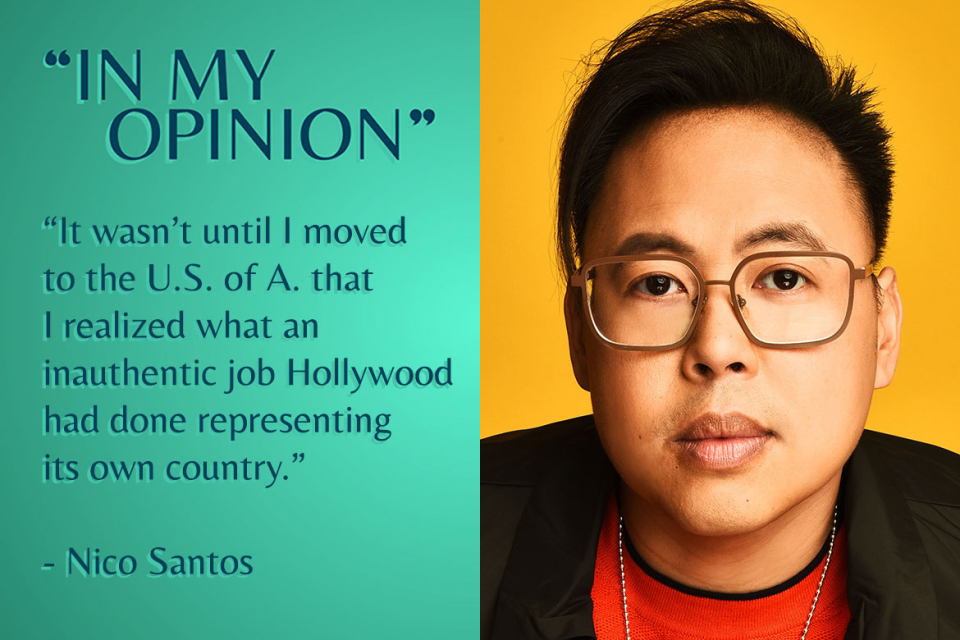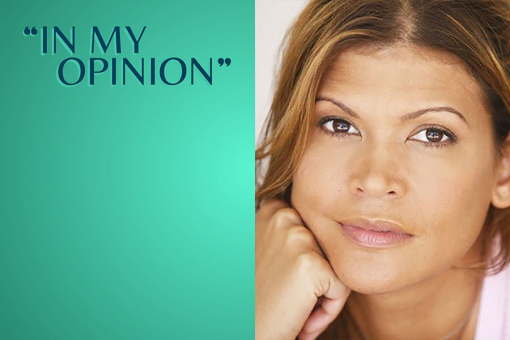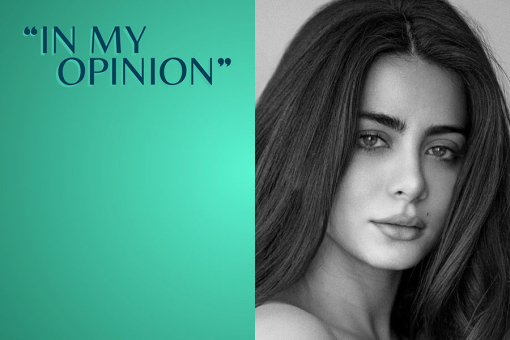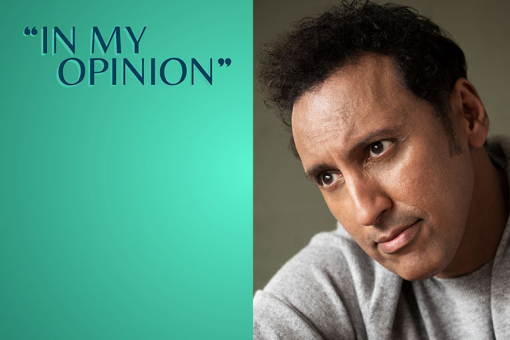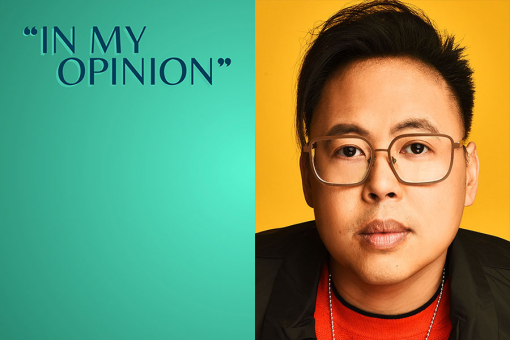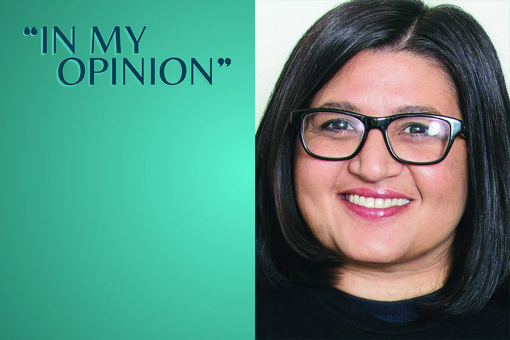Growing up, there was no lack of representation of Filipinos in media. Every time I turned on the television or went to the movies, I saw people who looked just like me. TV shows like Batibot or Oki Doki Doc, the hit movie Bituing Walang Ningning...Oh did I mention I grew up in the Philippines? I probably should have led with that.
The only time I didn't see AAPI faces was when we watched American TV and films. And we watched A LOT of them. In my country, there was a seductive fascination with all things American. Especially American entertainment. There's a lot to unpack when you grow up in a place with so much colonial mentality baggage (for the uninitiated, that's the feeling we brown people have that everything created by the white colonizer is superior to what is created by us brown colonized.) The obsession with Hollywood seemed inoffensive enough. Like Stockholm syndrome, but make it fashion!
The lack of AAPI stories and representation in U.S. shows didn't seem odd. They were, after all, American products, and I had no reason to question that they didn't mirror the reality of life in America. I got my Filipino fix with our own programs, which truly reflected the world around me.
To me, Hollywood was this fantastical place where chiseled white men and busty blonds ran along the beach while butt-rock played in the background; where rich angsty teens, all of them two shades lighter than White Out, endured the perils of prom; and where the biggest racial issue within police departments was that Danny Glover was getting, "too old for this s---."
It wasn't until I moved to the U.S. of A. that I realized what an inauthentic job Hollywood had done representing its own country. Like movie magic, it was all smoke and mirrors. I found myself in a foreign land adjusting to this new world I was seeing. A world I thought I knew. Where was the world I saw on screen? What do you mean Beverly Hills was fifteen hours away? Where were Brenda and Brandon? Where was David Hasselhoff?!
Clearly, the industry has made strides in the diversity of stories told and the storytellers who tell them. I am proud to be a part of a few of such efforts – the groundbreaking film Crazy Rich Asians, as well as my recently wrapped NBC sitcom, Superstore, in which I portrayed, Mateo, a queer, Filipino, undocumented immigrant.
For the social importance of these roles, I have been recognized by AAPI and LGBTQ organizations. Studios and networks trot me out during AAPI history and Pride months for panels and fireside chats or bring me in to speak to the latest diversity fellowship cohort.
While I appreciate all the change that's happening, there are times where I can't help but feel this is all more smoke and mirrors. Year after year, I have the same conversations about why representation matters. In May and June, I see the welcome screens to my streaming services chock full of curated lists of AAPI and LGBTQ content, yet reports from USC and GLAAD indicate that representation on screen is not growing in any meaningful way.
And I believe it won't until the people at the top, the ones who hold the majority of the power, are as diverse as the world whose stories they tell. Don't get me wrong, there are true allies amongst us. I applaud you, I appreciate you and I'm thankful for helping us in this journey. But we cannot expect the gatekeepers of the old ways to usher in the new. It is not enough for actors and writers to believe that representation matters. We all must.
Nico Santos is an actor best known for his role as Mateo on the NBC series Superstore.
Discover more "In My Opinion" articles.
The statements and viewpoints expressed in the article above are solely those of the author, and do not necessarily represent or reflect the opinions or viewpoints of the Television Academy, the Television Academy Foundation, or their members, officers, directors, employees, or sponsors.

